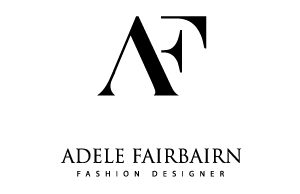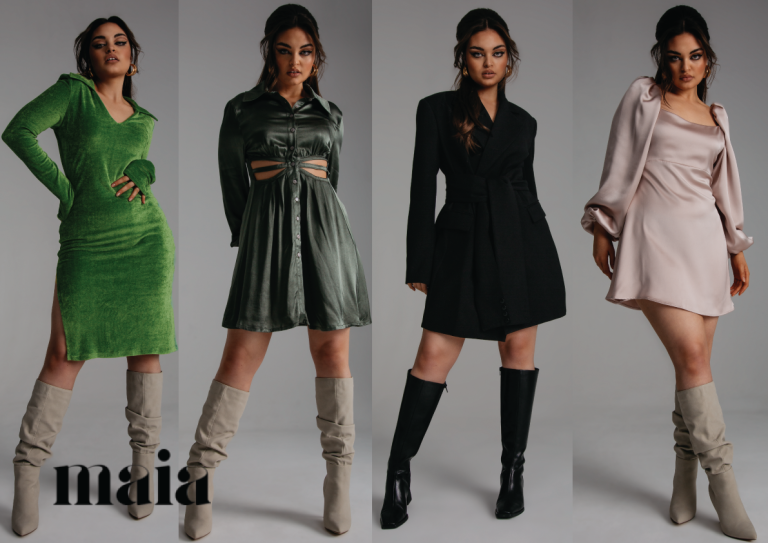Unveiling the Realities of Fast Fashion: Lessons for Emerging Brands
The fast fashion industry has long been under scrutiny for its rapid production cycles and the ethical dilemmas they often entail.
The BBC’s investigative documentary series, Panorama, recently aired an episode titled “Untangling Shein’s Thread,” which delves into the labor practices of Shein, a prominent fast fashion retailer. The investigation uncovers that workers in Shein’s supply chain are subjected to grueling conditions, including shifts extending up to 18 hours and monthly wages as low as £500. These findings highlight significant ethical concerns within the fast fashion industry, emphasizing the need for greater transparency and improved labor standards.
Such revelations underscore the ethical challenges prevalent in fast fashion. Excessive working hours, inadequate wages, and subpar working environments not only violate labor rights but also tarnish a brand’s reputation. In an era where consumers are increasingly conscious of the ethical implications of their purchases, these practices can lead to significant backlash.
The Importance of Transparency
Transparency in operations is no longer optional; it’s a necessity. Consumers demand to know the origins of their products and the conditions under which they are made. Brands that openly share information about their supply chains, labor practices, and sustainability initiatives build trust and foster loyalty among their customer base.
Sustainable Practices as a Differentiator
Incorporating sustainable practices can set a brand apart in a crowded market. This includes using eco-friendly materials, reducing waste through efficient production methods, and ensuring fair labor practices. Such commitments not only appeal to ethically minded consumers but also contribute to the long-term viability of the brand.

Leveraging Technology for Ethical Compliance
Technology can play a pivotal role in ensuring ethical compliance. Implementing supply chain management software allows brands to monitor production processes in real-time, ensuring adherence to labor standards and environmental regulations. Additionally, blockchain technology can provide immutable records of a product’s journey from raw material to finished good, enhancing transparency.
Building an Authentic Brand Story
Consumers resonate with authentic brand stories that reflect genuine values and commitments. By prioritizing ethical practices and sustainability, brands can craft narratives that not only attract customers but also build a community around shared values.
The fast fashion industry’s challenges, as highlighted by the recent BBC investigation into Shein’s supply chain practices, serve as a cautionary tale for emerging brands. By prioritizing ethical practices, embracing transparency, and leveraging technology, new entrants can build resilient brands that stand the test of time and consumer scrutiny.





